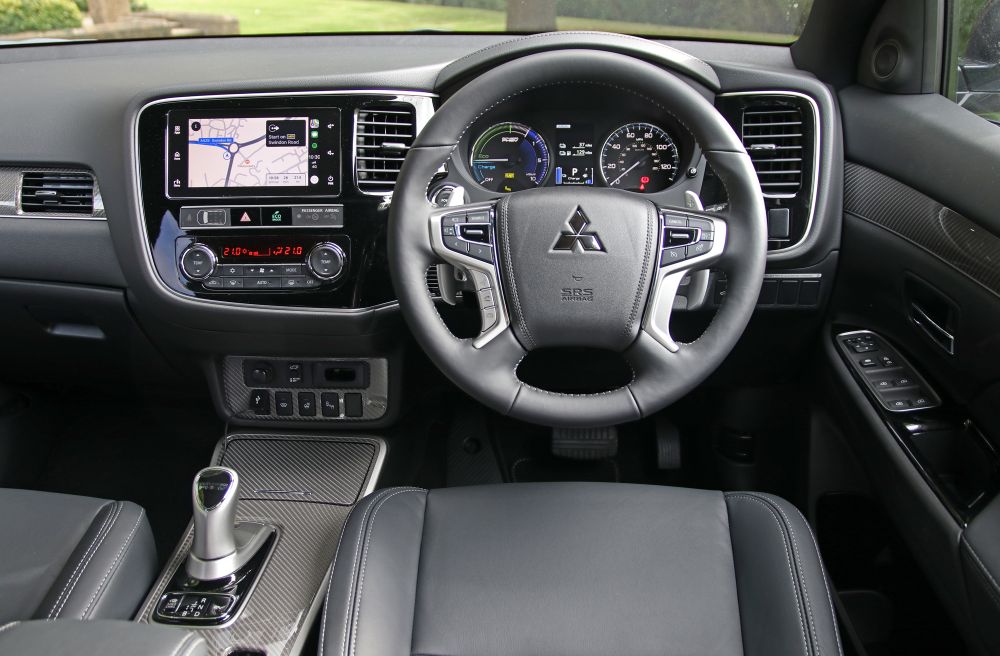Pricing
Plug-in hybrids like the Outlander are no longer allowed any government grants so the prices have risen over the past couple of years, but the Outlander still looks reasonable value at the lower end of the scale with prices starting at under £36,000. That’s about the same as a mid-range BMW 3-Series Touring and about £3,000 more than a top-level Nissan Qashqai.
If you are buying privately, be careful of the so-called Tesla Trap. It means any car with a list price of over £40,000 will have to pay more for road tax until the car is six years old. A few Outlanders fall foul of it, especially once they’ve added a few options.
The biggest problem the Outlander has is the new selection of rival PHEVs such as Vauxhall’s new Grandland X Hybrid4 and the Ford Kuga, which are cheaper and even better on company car tax. You might also want to consider a Tesla Model 3 or another pure-electric car.
Running costs
It’s possible to save a tidy sum by choosing an Outlander PHEV over a conventional car. A quick tap into a calculator shows that if you drive 20 miles a day and plug in religiously, you’ll be saving around £1,800 a year in fuel compared to a petrol car which averages 40mpg. But if you’re not committed to a charging routine, don’t be surprised if you’re only getting 28mpg from the Mitsubishi and your fuel costs will actually rise.
But it’s the savings from company car tax which have previously propelled the Outlander to sales success, and the new rules around Benefit In Kind for the 2020/21 tax year have actually improved the Mitsubishi’s situation as it drops two percentage points to 12%. Compare it to the 31% you’d be paying for something like a BMW 320d and the savings over a year add up to nearly £2,500 for a 40% tax payer. If you really want to save on tax though, take some brave pills and go full electric – you’ll not have to pay any company car tax at all in 2020/21.






















